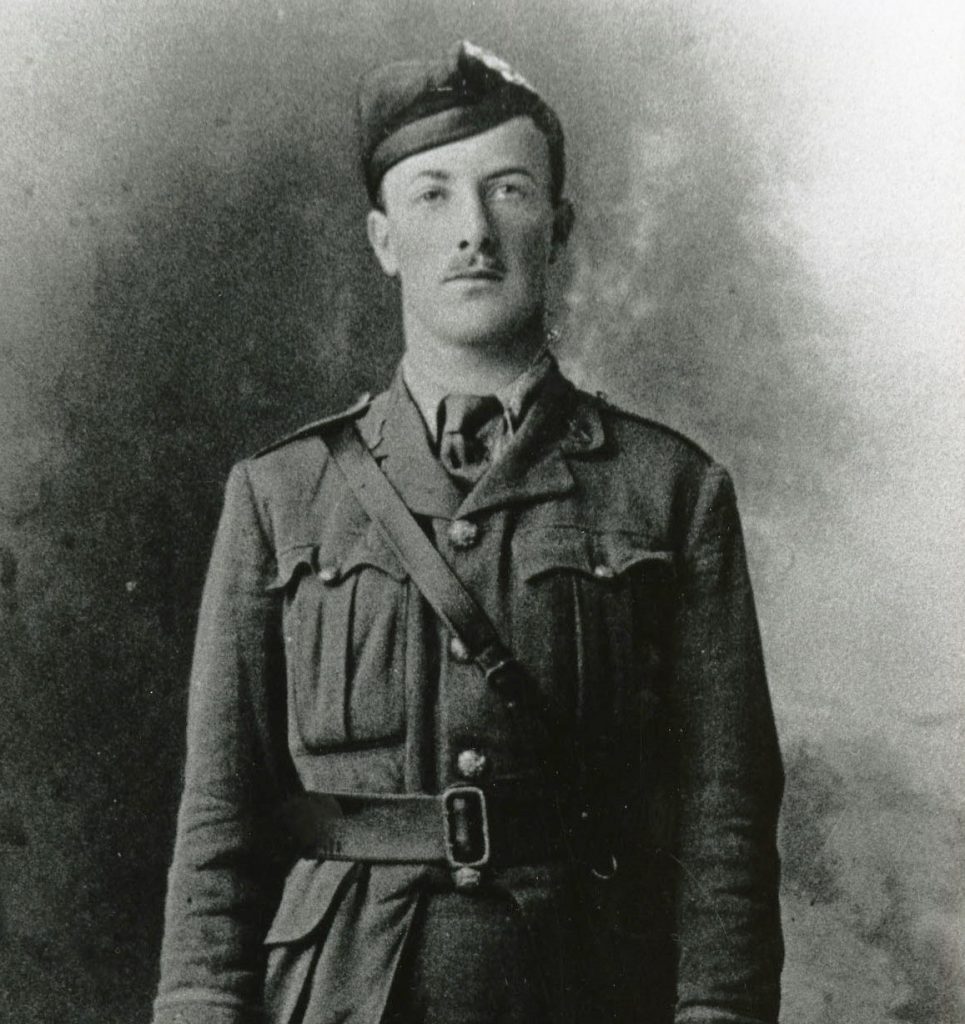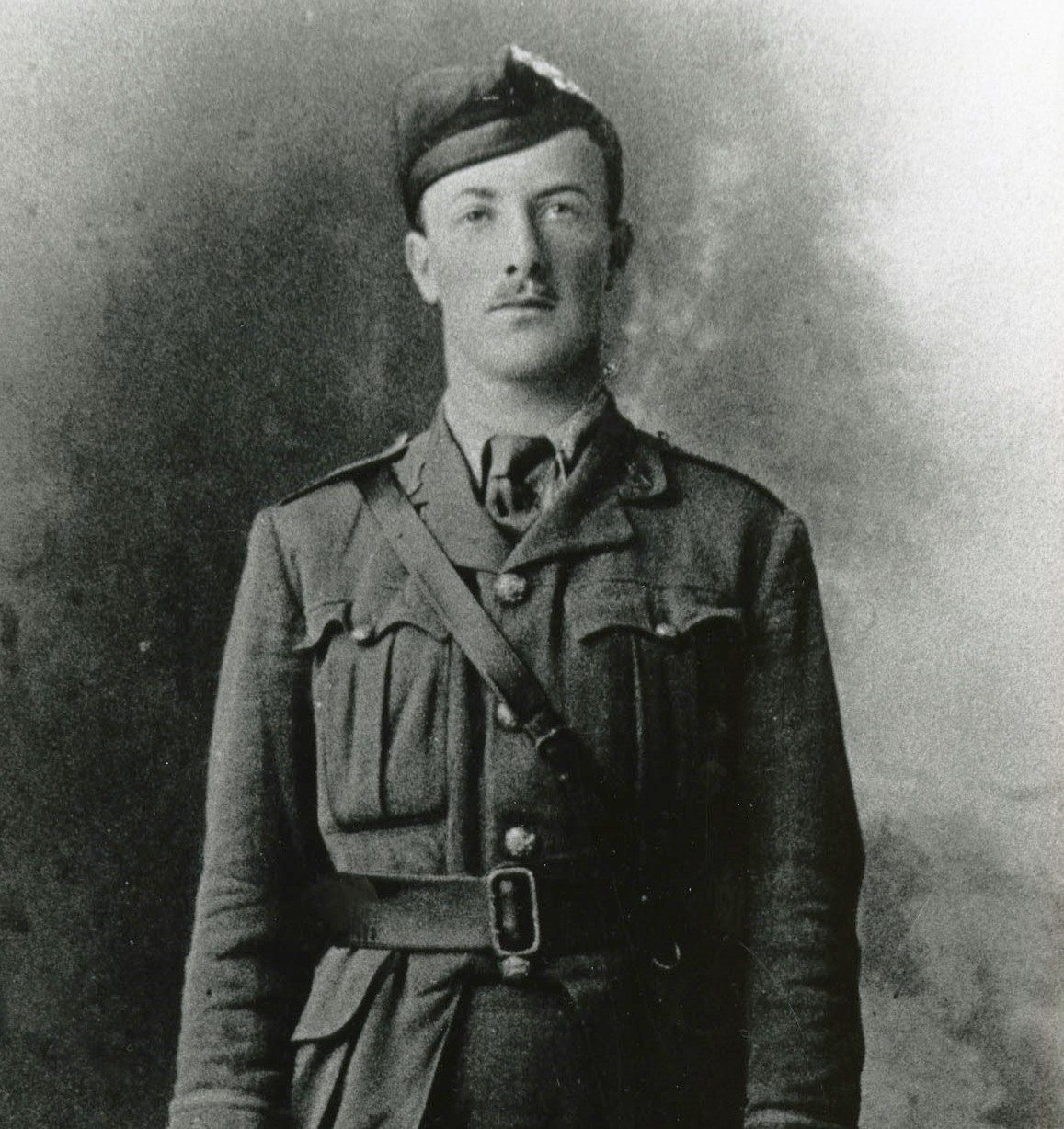As it is the month of remembrance Archive Services is sharing the story of Patrick Anderson who died 100 years ago today (2 November).
Though dying nearly three years after the armistice, Lt Patrick Wright Anderson’s name can be found on the War Memorials of both University College, Dundee and Dundee Training College. Pat, as he was known to friends , was born in Arbroath on 7th October 1892. He attended Arbroath High School, winning its science medal before coming to University College in 1911 where he studied for a BSc. He was an enthusiastic student, but sadly never completed his degree as when War broke out, he suspended his studies obtaining a commission in the Black Watch. While in the Black Watch he served in France and Salonica and was for a spell office in charge of the divisional bombing school.

It was while in the east that he took a liking to the idea of being an airman and transferred to the Royal Flying Corps, joining the RAF on its formation in 1918. He trained and qualified as an airman in Egypt, before returning to France, later being based in southern England, defending against German Raids. His fatal wound came when he was hit by a stray bullet at the end of a flight and he was taken to the Casualty Clearing Station at Aire, where he was treated by an Arbroath doctor, Dr Thomson. In poor health he did not return to Arbroath until Armistice Day 1919 and later spent time in the south of France. However he never fully recovered and died in Arbroath Infirmary, after an operation and blood transfusion from his brother failed to save his life. The Arbroath Herald called him an “Arbroath War Hero” whose death would be met “with genuine and sincere regret by all classes of the community.”

He first attracted fame as a schoolboy when discovered a specimen of the greater dodder a plant hitherto unknown in the area. He was also a keen sportsman playing for St Mary’s Cricket Club and was the youngest member of Arbroath Angling Club. He was described by fellow AAC member D. T. Wilson as “a true sportsman” who had no time for anglers who killed fish for the sake of killing or only visited the water when conditions made catching fish easier. Wilson said that Pat had told him after his wounding that “What I want is a quiet retreat, away from the haunts of man, where I can pass the time with my books, go out into the open and study nature, and in some quiet glen beside some purling brook take an occasional cast; that will suffice for me”.
We are fortunate to have a collection of material on Patrick Wright Anderson researched and compiled by his nephew Patrick William Anderson.
To find out more about the University War Memorials watch this short film by Kenneth Baxter of Archive Services.

thank you for this interesting video by Dr Kenneth Baxter .
patrick w anderson